.png)
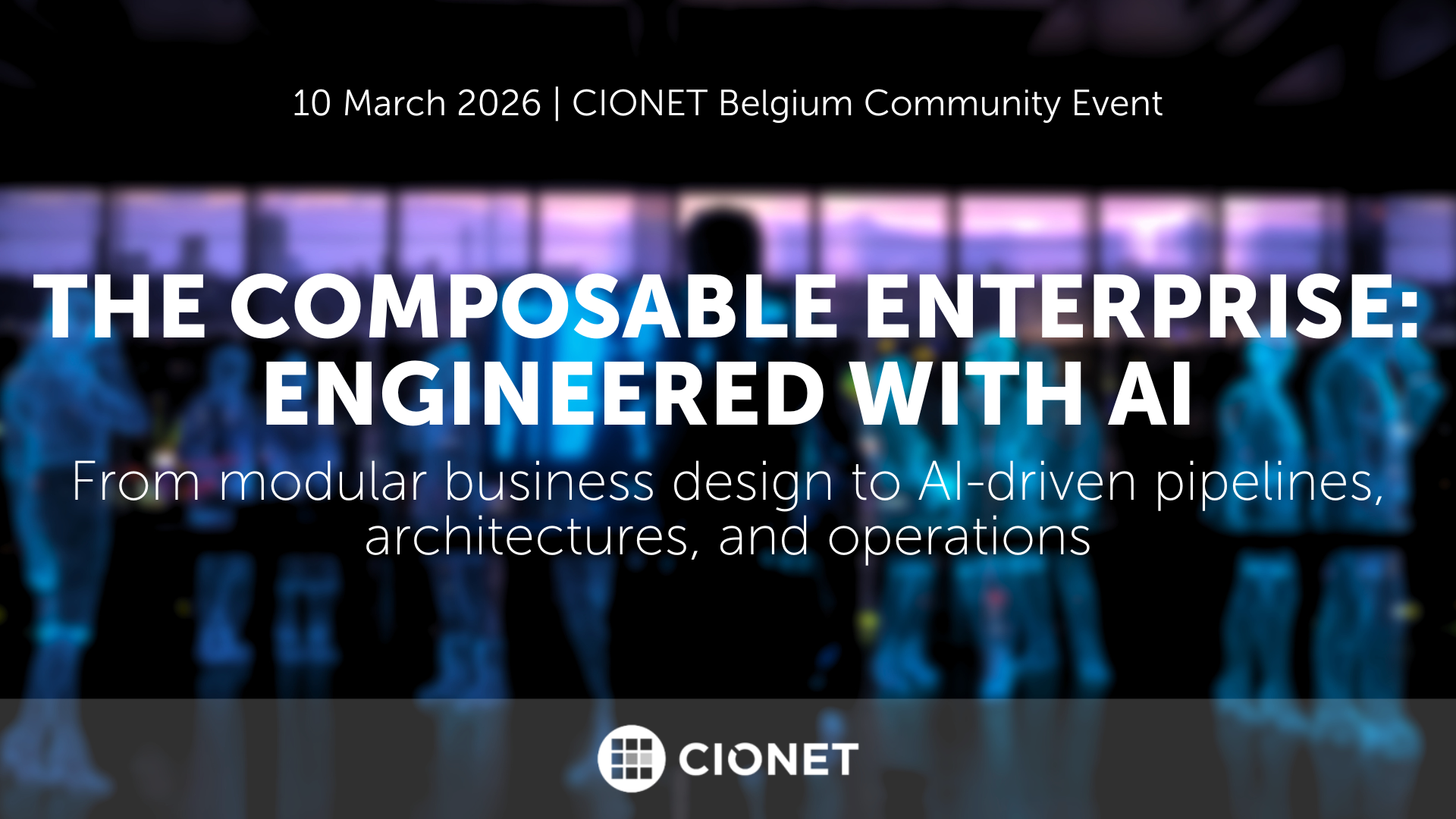
Belgium 10-3-26 All Members Physical english
From modular business design to AI-driven pipelines, architectures, and operationsA composable enterprise is built on modular processes, API-driven ecosystems, low-code platforms, and cloud-native services. It promises speed and adaptability by allowing organisations to reconfigure their capabilities as conditions change. However, modular design alone does not guarantee resilience; the way these systems are engineered and operated is just as important.This is where AI is beginning to make a difference. Beyond generating snippets of code, AI is already influencing how entire systems are developed and run: accelerating CI/CD pipelines, improving test coverage, optimising Infrastructure-as-Code, sharpening observability, and even shaping architectural decisions. These changes directly affect how quickly new business components can be deployed, connected, and retired.In this session, we will examine how CIOs can bring these two movements together:Composable design is the framework for flexibility and modularity.AI-augmented engineering is the force that delivers the speed, quality, and intelligence needed to sustain it.The pitfalls of treating them in isolation: composability that collapses under slow engineering cycles, or AI that only adds complexity without a modular structure.The discussion goes beyond concepts to practical implications: how to architect organisations that can be recomposed at speed, without losing control or reliability. The outcome is an enterprise that is not only modular in design but also engineered to adapt continuously under real-world conditions.
Read More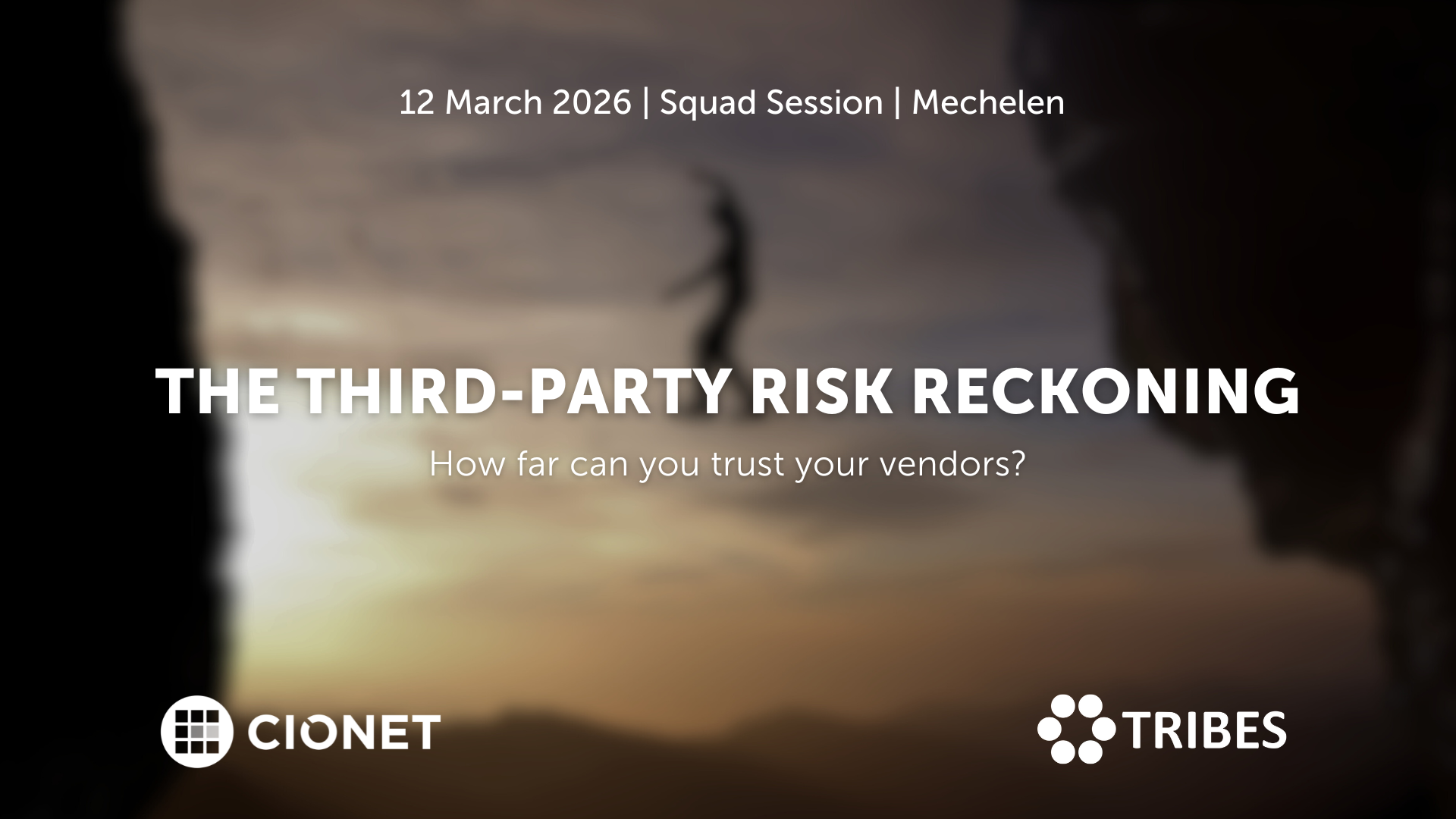
Belgium 12-3-26 Physical english
Tomato! Tomato! Tomato! Get your tomato now! Every vendor sells security. And every company depends on vendors, partners, and suppliers. The more digital the business becomes, the longer that list grows, and so does the attack surface. One weak link, and there is always one, or one missed update, and trust collapses faster than any firewall can react. What used to be a procurement checklist has become a full-time discipline. Questionnaires, audits, and endless documentation prove that everyone’s “compliant,” yet incidents keep happening. So it’s clear: the issue isn’t lack of policy, or maybe a bit, but mostly lack of visibility. Beyond a certain point, even the most secure organisation is only as safe as its least prepared partner (or an employee who hadn’t had their morning coffee). So how far can you trust your vendors? How do you check what you can’t control? And when does assurance become theatre instead of protection? Does it come at a different cost? Let’s exchange what works and what fails in third-party risk management: live monitoring, shared responsibility models, contractual levers, and the reality of building trust in a chain you don’t own. A closed conversation for those redefining what partnership means when risk is shared but accountability isn’t.
Read More.jpg)
Belgium 19-3-26 Country Members Physical french
Moins de Partenaires : La consolidation vaut-elle le risque ? Le problème est la prolifération des fournisseurs : trop d'outils causant de la complexité, une taxe d'intégration paralysante et de la redondance. La Taxe d'Intégration est le coût caché (en temps, en échecs et en ressources) d'essayer de faire fonctionner ensemble des systèmes disparates. Cet échange se concentre sur des stratégies éprouvées pour simplifier de manière agressive le parc technologique, consolider les fournisseurs et élever certains fournisseurs clés au rang de partenaires stratégiques.
Read More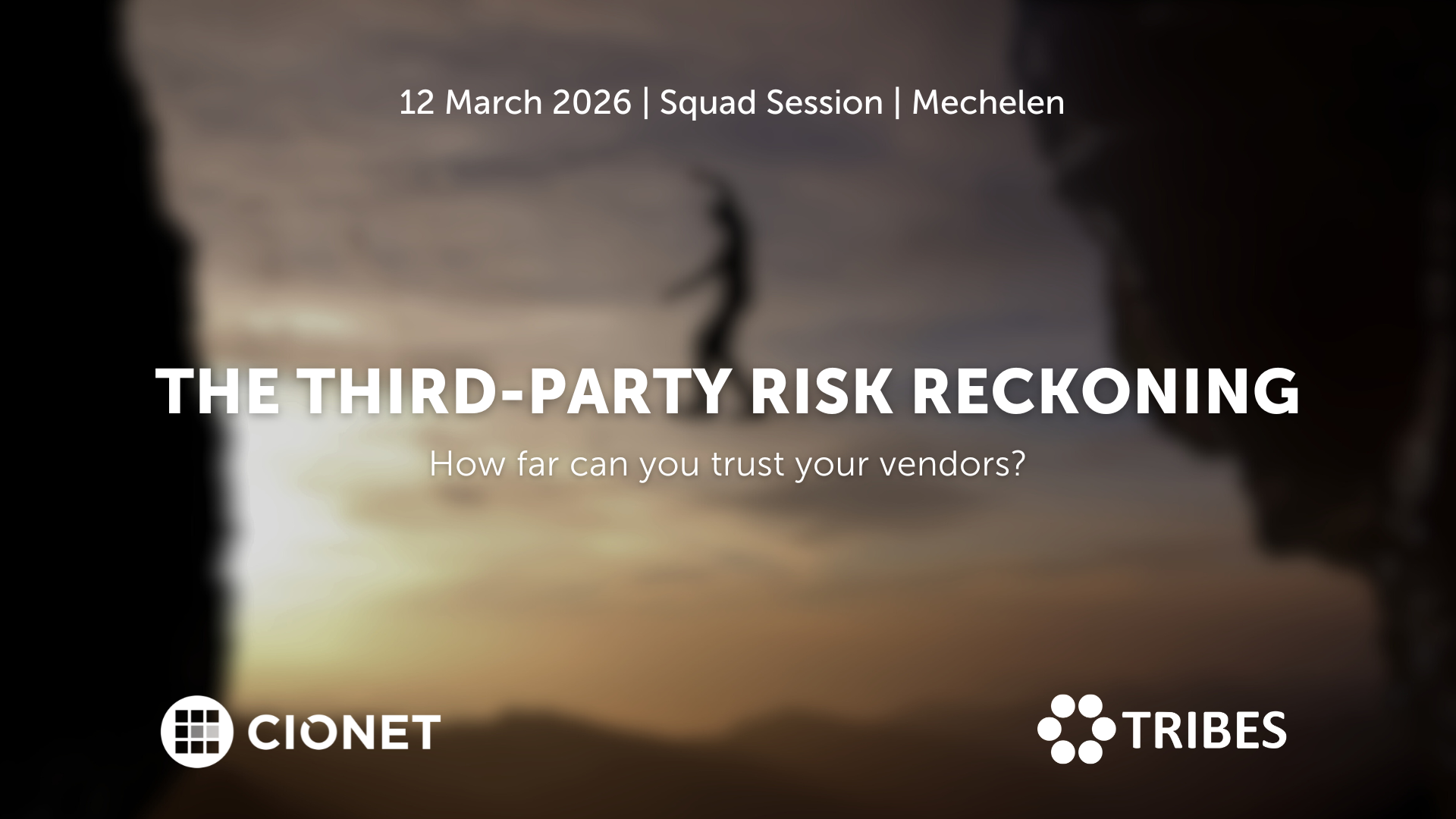
March 12, 2026 Squad Session Invitation Only Physical english
Tomato! Tomato! Tomato! Get your tomato now! Every vendor sells security. And every company depends on vendors, partners, and suppliers. The more digital the business becomes, the longer that list grows, and so does the attack surface. One weak link, and there is always one, or one missed update, and trust collapses faster than any firewall can react.
Read More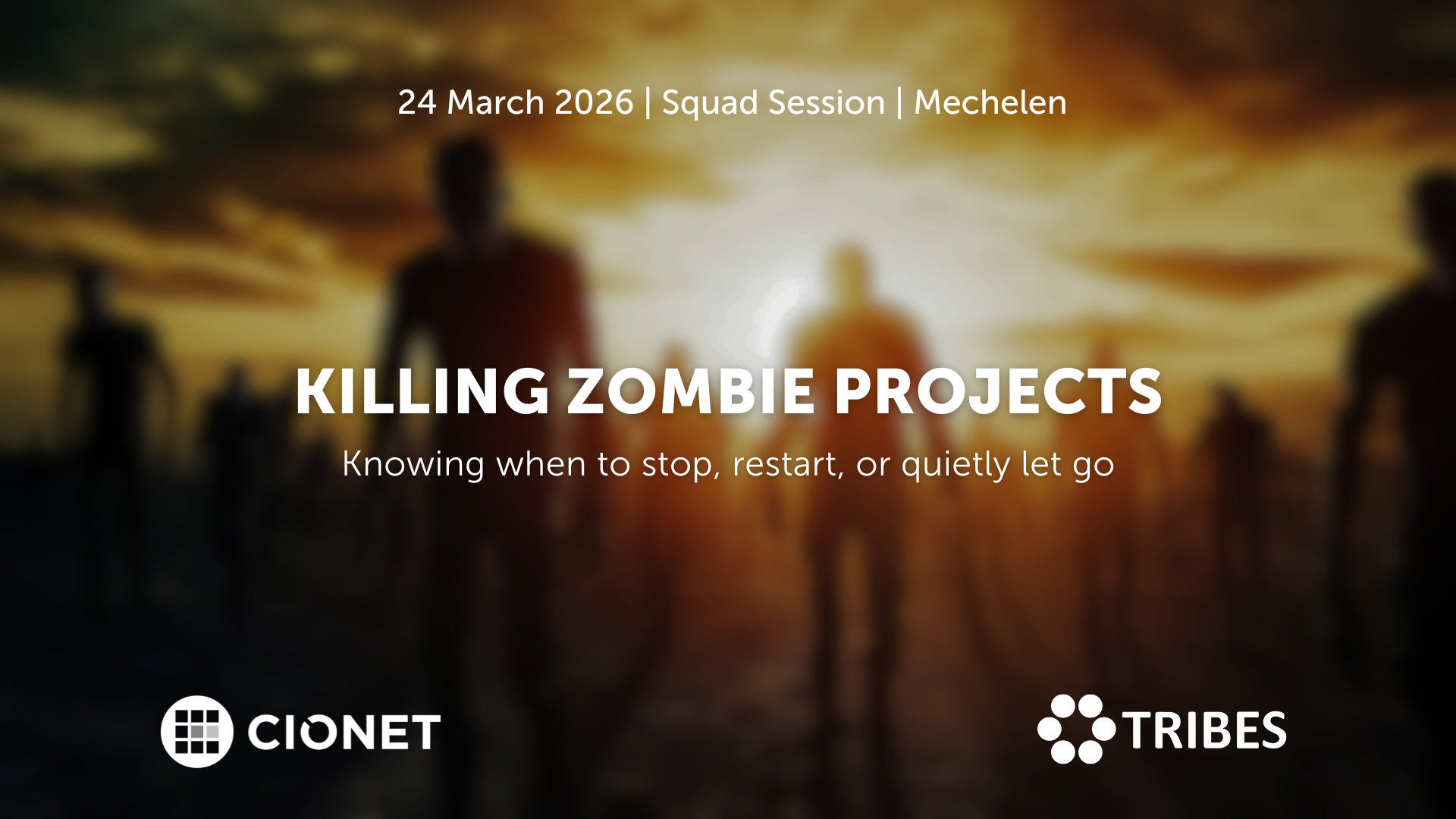
March 24, 2026 Squad Session Invitation Only Physical english
Every organisation has them, projects that keep running long after their purpose has faded. No one remembers who asked for them, but shutting them down feels riskier than keeping them alive. And eventually, people stay assigned, budgets stay allocated, and energy drains into work that no longer matters. Inertia at its finest.
Read More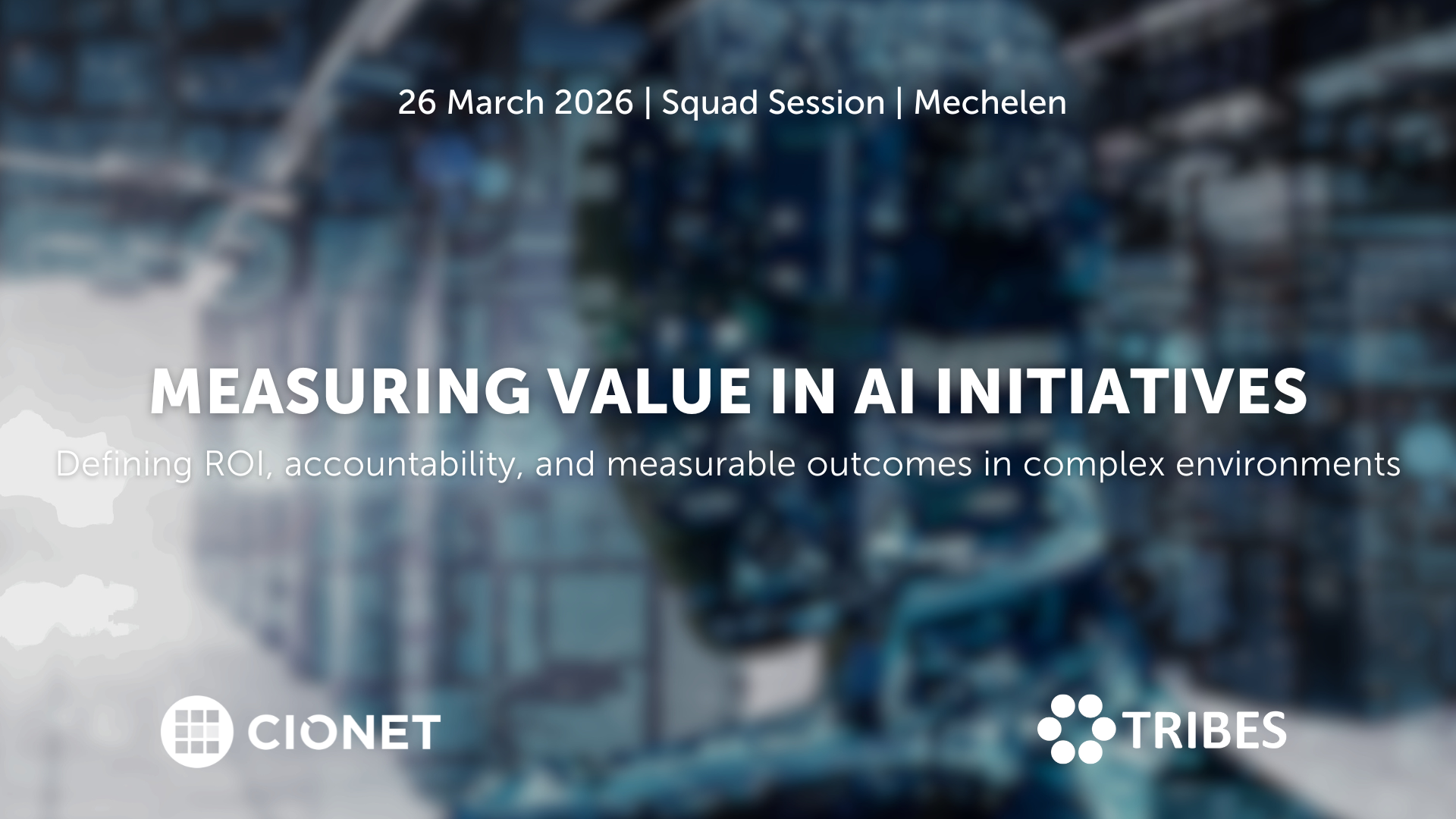
March 26, 2026 Squad Session Invitation Only Physical english
AI projects continue to multiply, but proving their value remains difficult. Most organisations can track activity, not impact. Dashboards count pilots and models, yet few translate to measurable business outcomes. The result is familiar: success stories without clarity on what they actually delivered.
Read More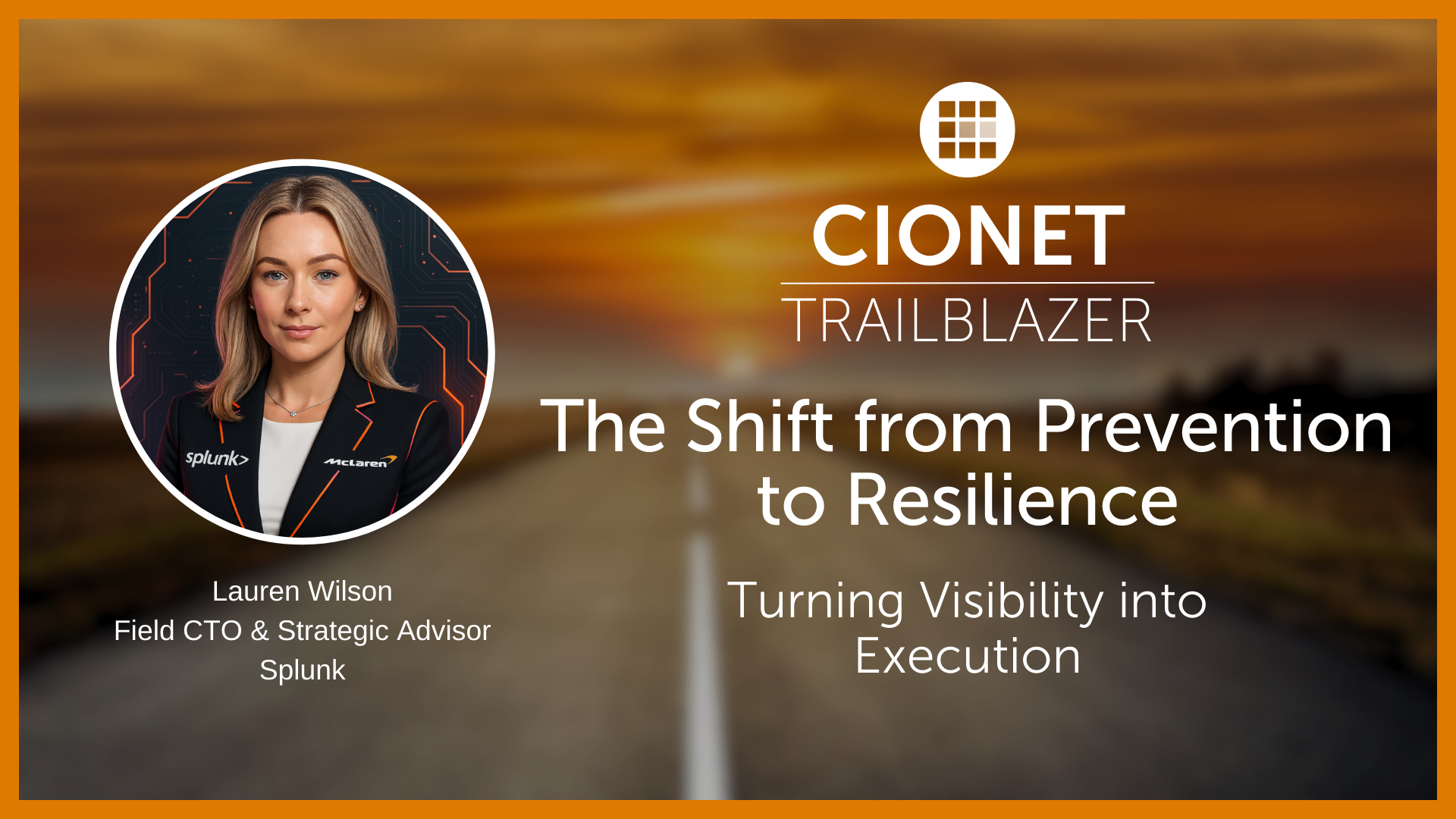
CIONET Trailblazer: CISO: The Shift from Prevention to Resilience: Turning Visibility into Execution
Published on: January 28, 2026 @ 9:48 AM
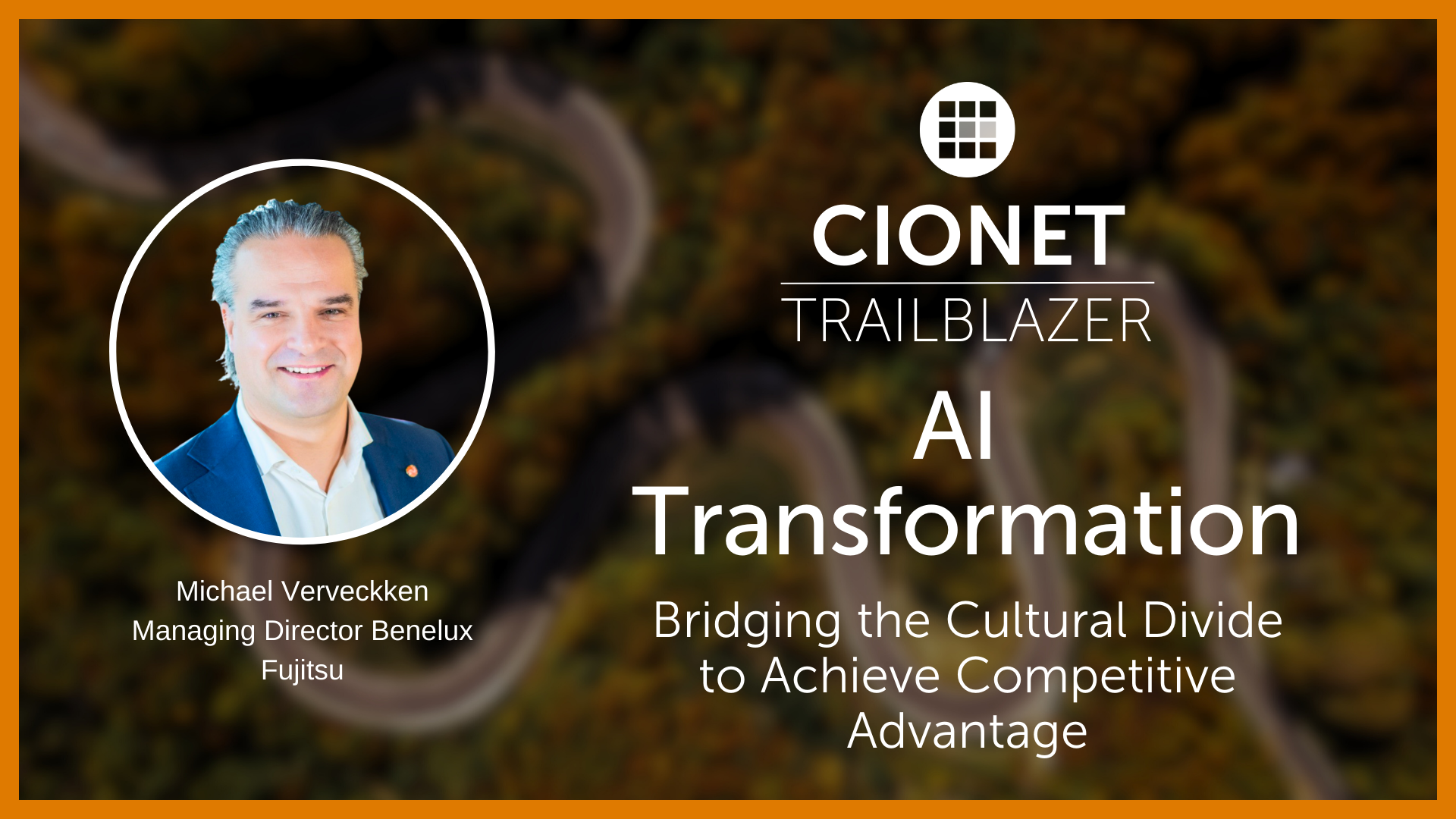
CIONET Trailblazer: AI Transformation: Bridging the Cultural Divide to Achieve Competitive Advantage
Published on: December 17, 2025 @ 9:16 AM
Facilitating more effective collaboration for the NATO Standardisation Office
PwC’s AI-based solution enables the NSO to address its community more broadly to bring together divergent national views more easily.
The NATO Standardization Office (NSO) supports a diverse subject matter expert workforce, about 20,000 of whom are registered users on its website, where it provides the collaboration services that enable them to work together on about 1,400 NATO standardization documents that are used by about seven million professionals in 32 nations across the entire NATO alliance to protect a population of one billion. Maintaining this documentation was very labour intensive, as much was done manually. The custodian position also isn’t a full-time role, but a volunteer assignment. To see where artificial intelligence (AI) may be able to help NSO issued a request for proposal (RFP).
Explains Rob Trabucchi, Deputy Director, NSO, “We were looking to provide that volunteer part-time workforce with tools to help them make the most of all the information available to them in today's information age. While they have much more information available to make those documents better, at the same time, they can be flooded by that information. So, we needed tools like natural language processing and text analytics to help them manage it all, make the most of it and really make their jobs much more satisfying.”
When looking for a provider, NSO had some specific attributes in mind, namely, "someone who really had experience with AI tools and delivering those to a customer like us, an intergovernmental organisation,” Rob Trabucchi recalls. And he adds, we also wanted someone with “experience working with NATO, which would really help to accelerate the product, and third, and perhaps the most important, we were looking for reliability.”
“We had real two-way interaction and outside-the-box thinking with multiple people so we could have a broad interaction.”
Rob TrabucchiDeputy Director, NSO.
In answer to the RFP, PwC suggested ways in which AI could help meet NSO’s needs and how the technology could best be implemented to be beneficial. We not only had the experience in working with NATO that the NSO was looking for, but could add in business insights based on our broad experience. Enthuses Rob Trabucchi, “There are three things that I really liked about the interactions that I had with the PwC team. The first was that we had very frequent meetings, which meant that we had short intense sprints. I understand that takes a lot more effort. The second thing that I liked about it was that we had real two-way interaction and outside-the-box thinking with multiple people from the team in each meeting, so we could have a good broad interaction. And finally, the team really invested a lot of effort, making sure that everything was in place throughout the deployment of the tool. That took some time to follow up and showed real dedication and reliability.”
The project involved a lot of technical building blocks, including building a prototype to show how a chatbot could help work on the standards in scope and indicate where standards, and related standards, could be found. According to Rob Trabucchi, “the value of this project goes well beyond the NSO to the 20,000 plus workforce. It allowed us, as their primary service provider, to demonstrate to that we’re leading them into the future and providing them with modern services that directly address their needs. It also allowed us to learn from the feedback of our users and pick some of our most dedicated people, who can also be the most demanding, and really deliver a tool that allows them to teach us how to build the next generation of tools.”
Rob Trabucchi notes that NSO learned a lot from the project. “First of all, reaching out to the community was extremely valuable to us and I think we learned that we want to do more of that. We’d like to spread that out to more as we go forward to more users of diverse types. We also learned that we really have to plan ahead because NATO, as an organisation, is all about bringing together a really diverse set of national views, and that makes our decision making a very deliberate process, a consultative process, which takes time. The third thing we learned is that that consultative, deliberate process has to be balanced or somehow integrated with dynamic innovation, and that takes some real deep thought and good advice.”
258 Views 2 Likes Read More

Digital Transformation is redefining the future of health care and health delivery. All stakeholders are convinced that these innovations will create value for patients, healthcare practitioners, hospitals, and governments along the patient pathway. The benefits are starting from prevention and awareness to diagnosis, treatment, short- and long-term follow-up, and ultimately survival. But how do you make sure that your working towards an architecturally sound, secure and interoperable health IT ecosystem for your hospital and avoid implementing a hodgepodge of spot solutions? How does your IT department work together with the other stakeholders, such as the doctors and other healthcare practitioners, Life Sciences companies, Tech companies, regulators and your internal governance and administrative bodies?
Read More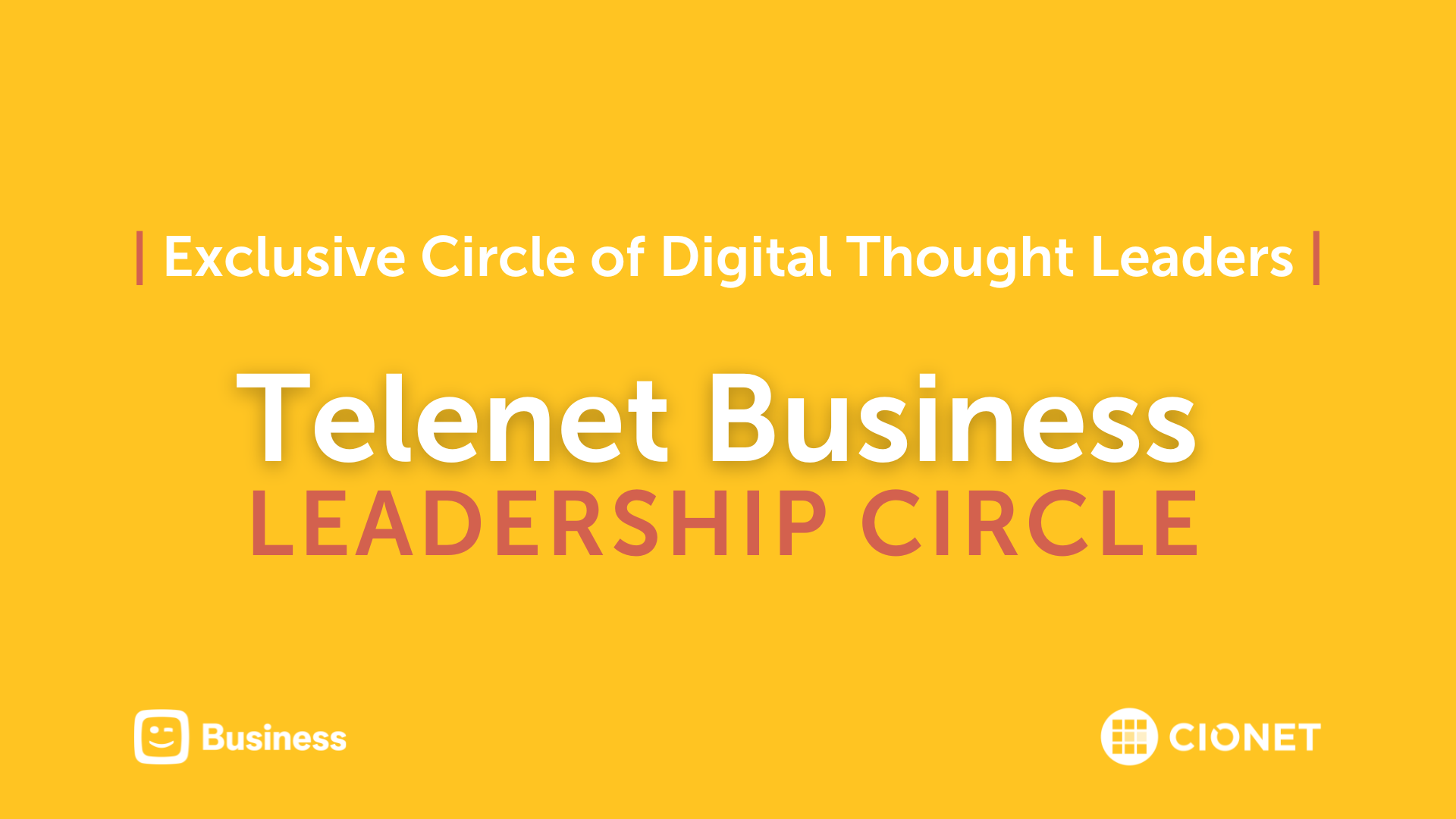
The Telenet Business Leadership Circle powered by CIONET, offers a platform where IT executives and thought leaders can meet to inspire each other and share best practices. We want to be a facilitator who helps you optimise the performance of your IT function and your business by embracing the endless opportunities that digital change brings.
Read More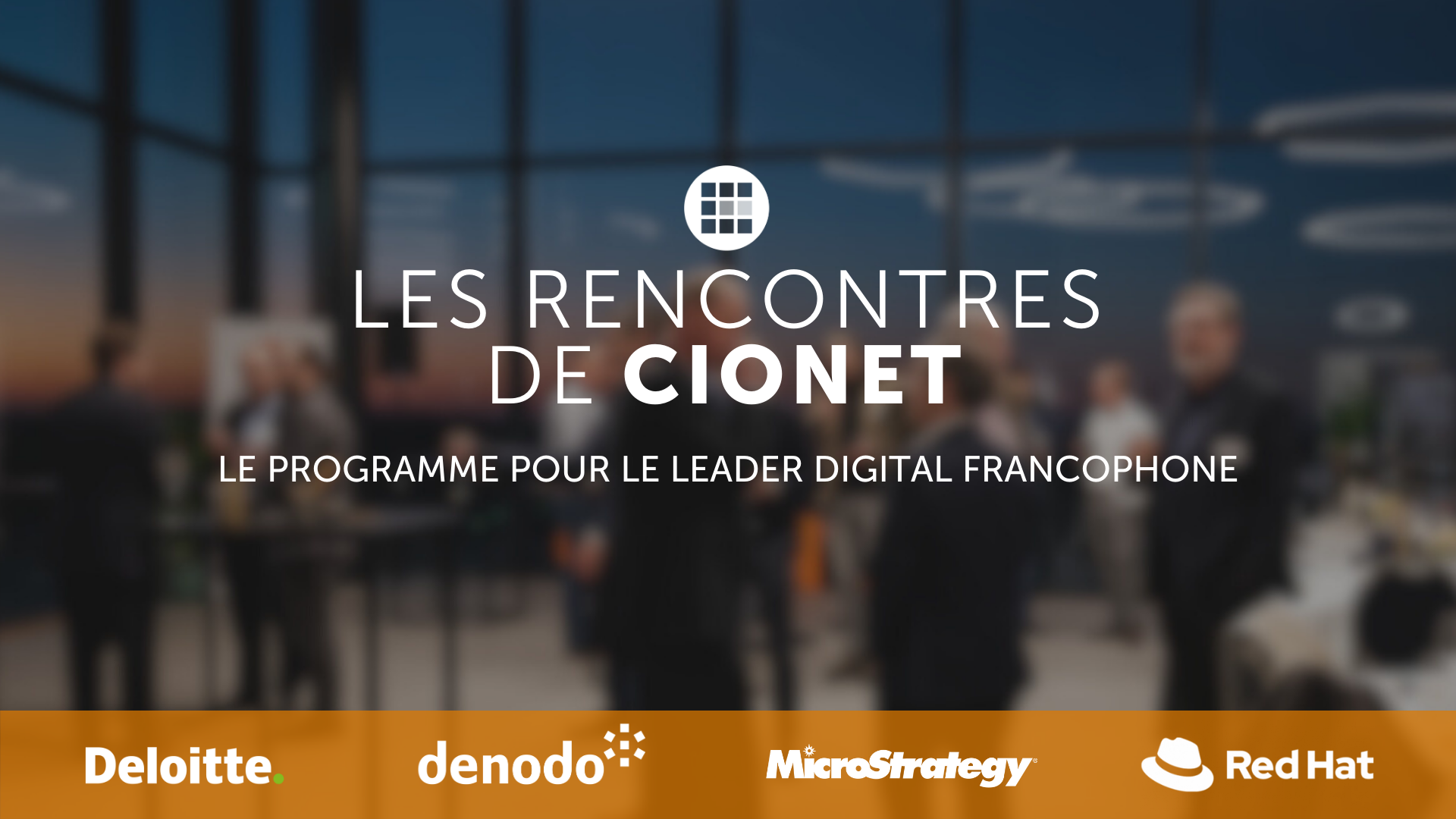
Découvrez la dynamique du leadership numérique aux Rencontres de CIONET, le programme francophone exclusif de CIONET pour les leaders numériques en Belgique, rendu possible grâce au soutien et à l'engagement de nos partenaires de programme : Deloitte, Denodo et Red Hat. Rejoignez trois événements inspirants par an à Liège, Namur et en Brabant Wallon, où des CIOs et des experts numériques francophones de premier plan partagent leurs perspectives et expériences sur des thèmes d'affaires et de IT actuels. Laissez-vous inspirer et apprenez des meilleurs du secteur lors de sessions captivantes conçues spécialement pour soutenir et enrichir votre rôle en tant que CIO pair. Ne manquez pas cette opportunité de faire partie d'un réseau exceptionnel d'innovateurs numériques !
Read More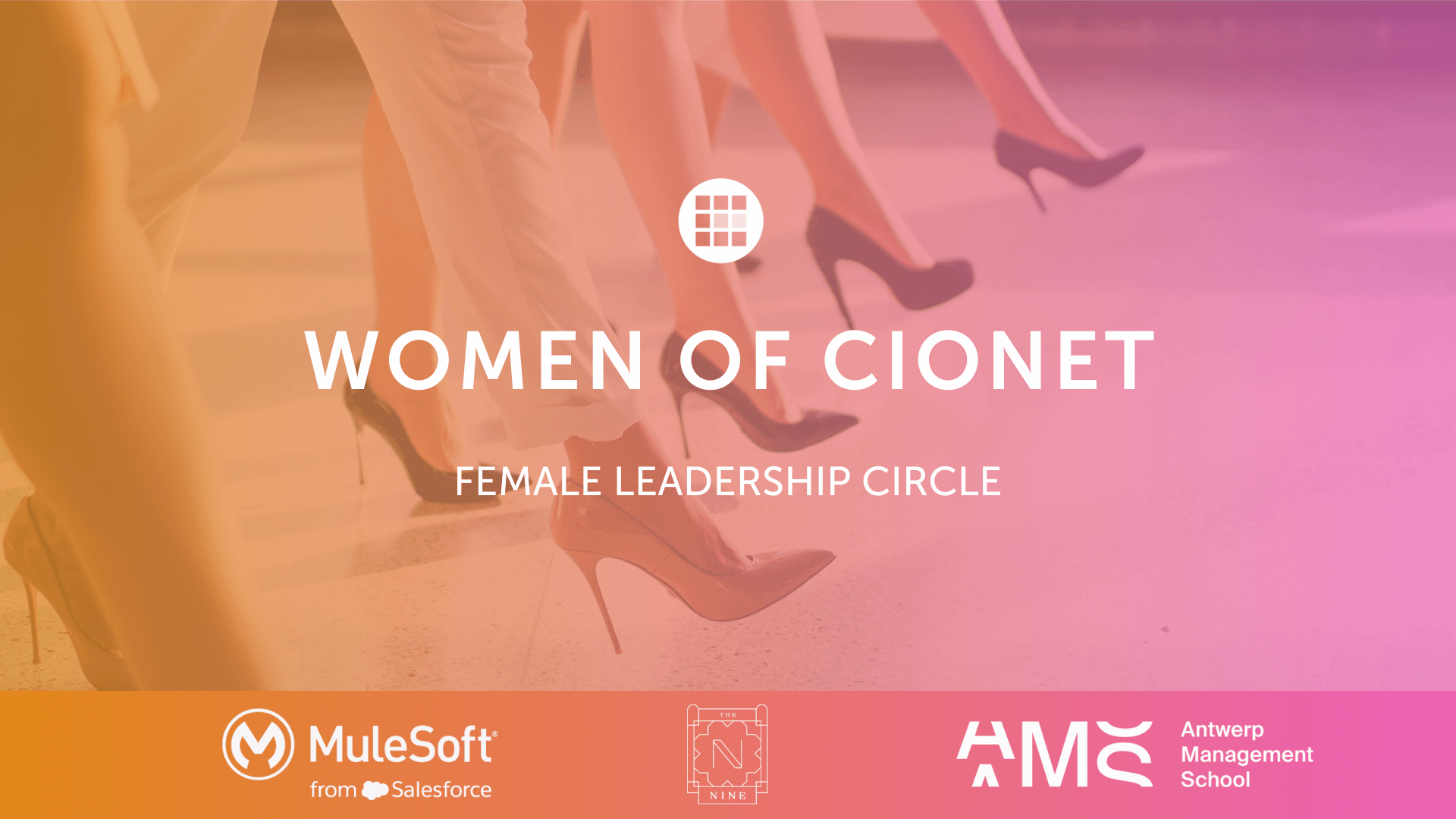
CIONET is committed to highlighting and celebrating female role models in IT, Tech & Digital, creating a leadership programme that empowers and elevates women within the tech industry. This initiative is dedicated to showcasing the achievements and successes of leading women, fostering an environment where female role models are recognised, and their contributions can ignite progress and inspire the next generation of women in IT. Our mission is to shine the spotlight a little brighter on female role models in IT, Tech & Digital, and to empower each other through this inner network community.
Read More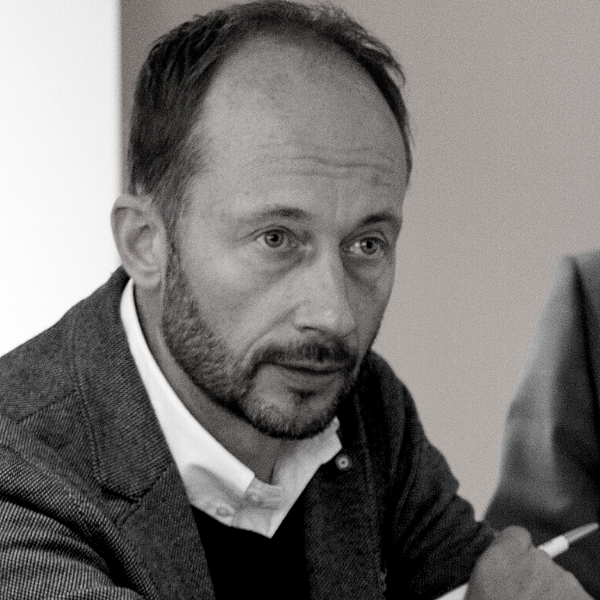
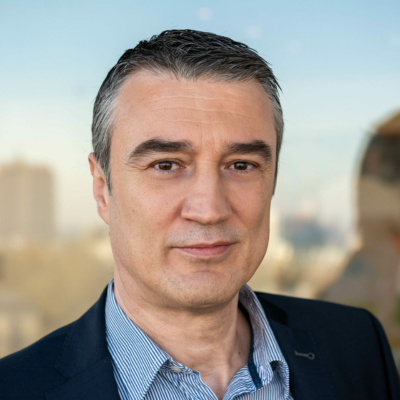

-Apr-01-2022-10-58-34-57-AM.png)



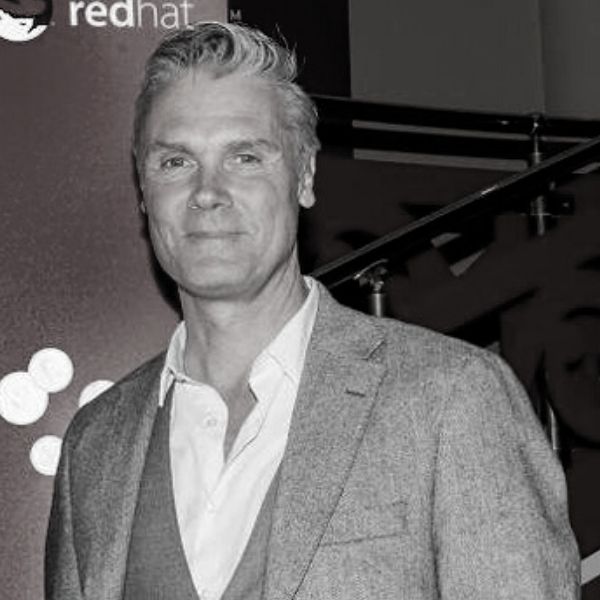

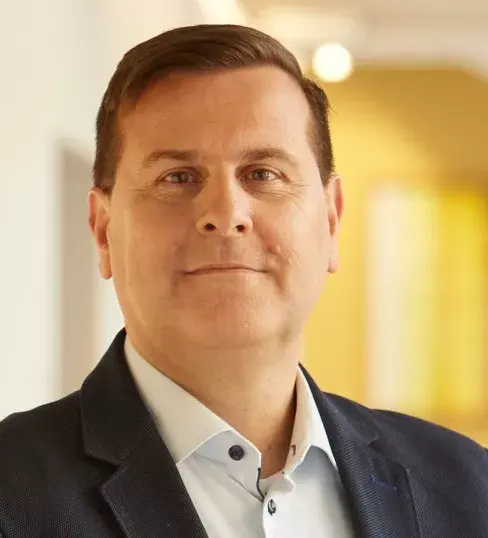


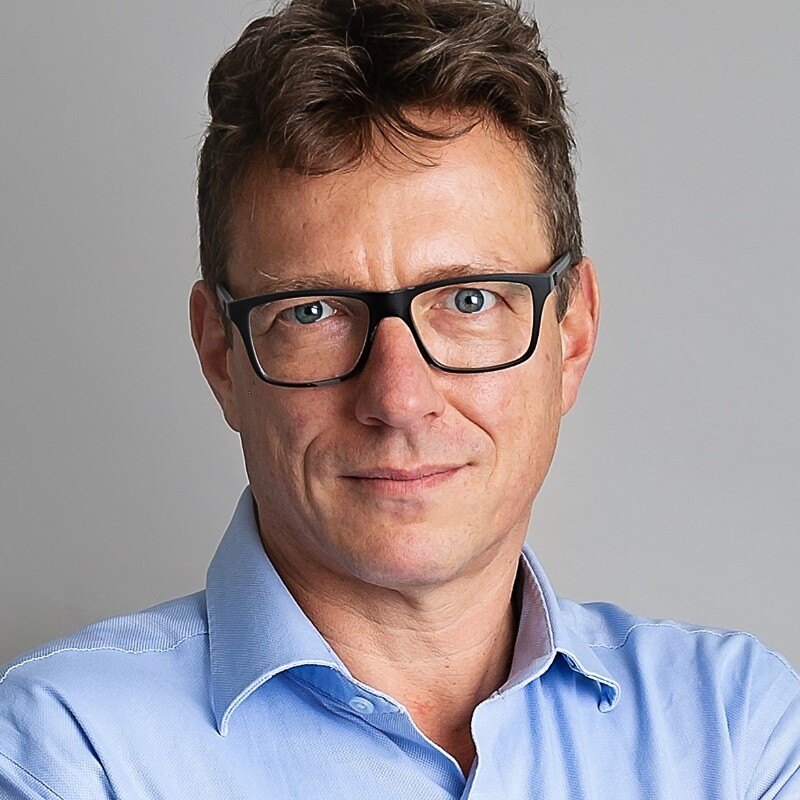
-Dec-13-2023-10-53-15-5032-AM.png)

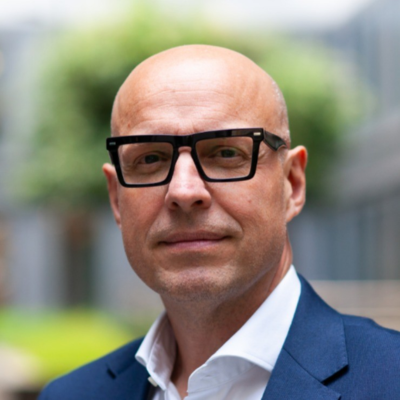

-Jun-12-2023-01-23-11-7540-PM.png)
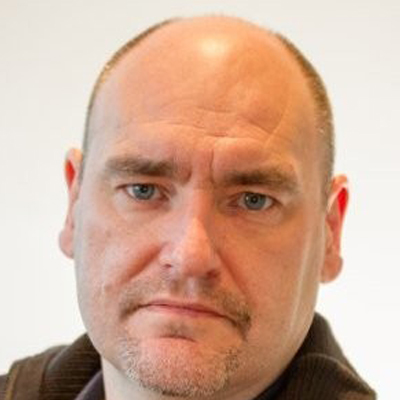
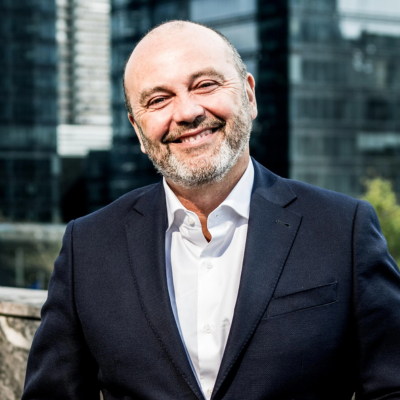

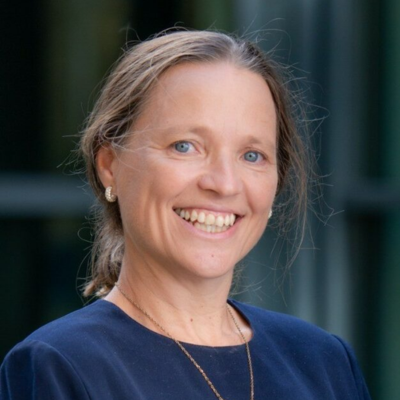
-Apr-01-2022-10-58-34-68-AM.png)

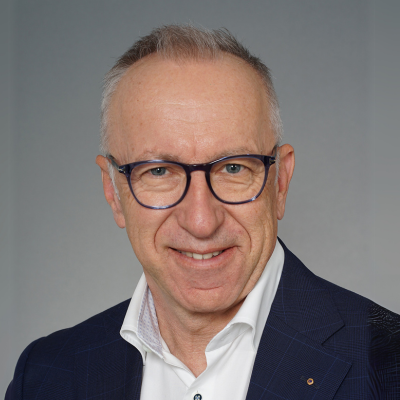




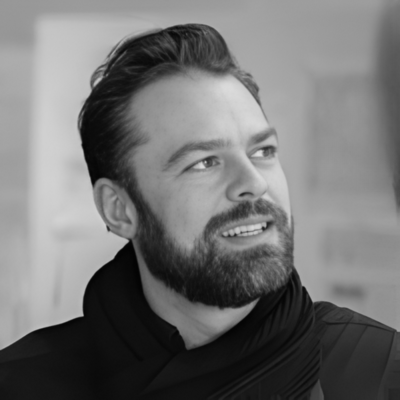

.png)
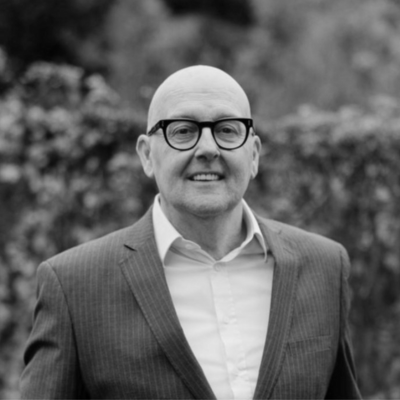
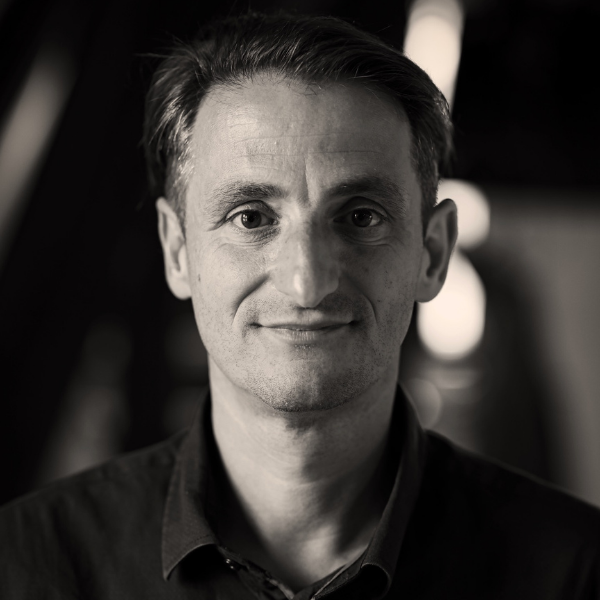
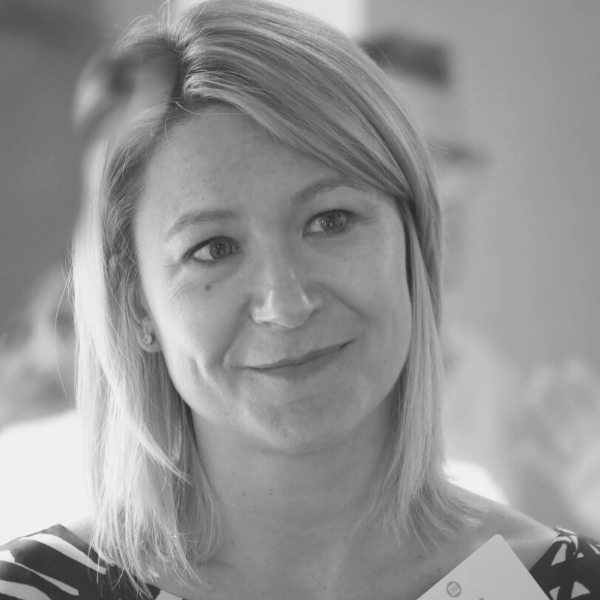

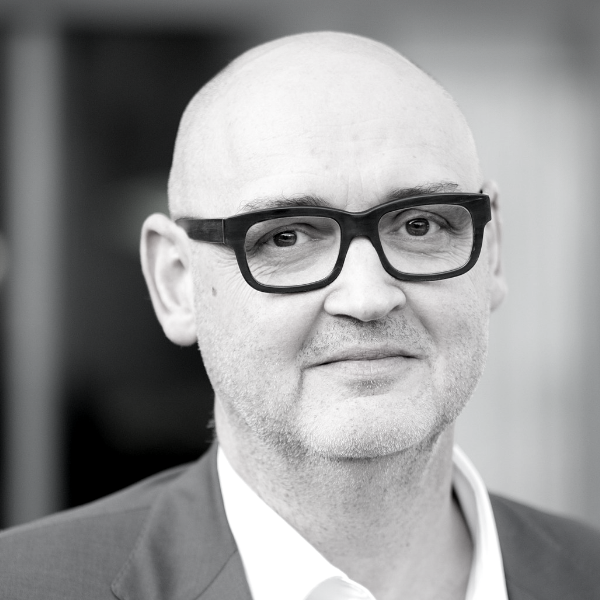


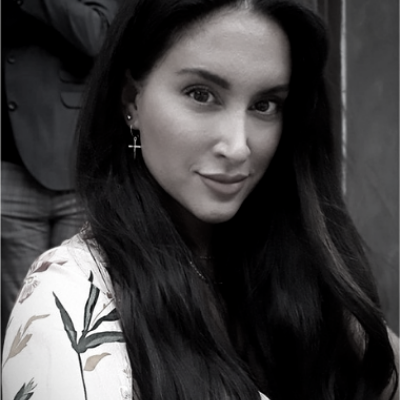

-Sep-01-2022-02-47-55-60-PM.png)
-Nov-22-2023-08-56-42-6802-AM.png)
.png)

Would you like to know more about CIONET Belgium, membership or partnership opportunities? Do you have feedback or any other question? Send us a message!
You can either send us a registered handwritten letter explaining why you'd like to become a member or you can simply talk to us right here!